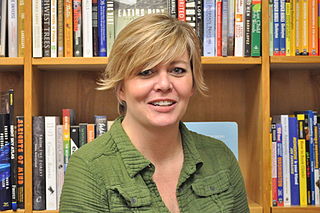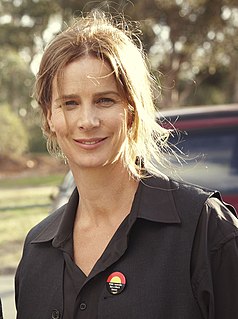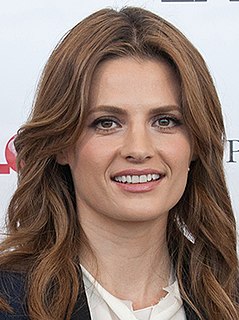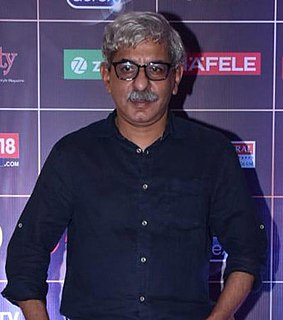A Quote by Zoya Akhtar
I write my films with Reema Kagti, and I think all the characters that I have written, somewhere or the other, reflect my thoughts, ideology and morality.
Related Quotes
I think that the Pulitzer Prize is definitely a blessing, but it's also a curse. Because I think that it is a blessing because the work gets more exposure, especially that particular play and then other works of yours too. And then it's a curse because people anticipate that you will write something like you've already written. I think it's really wrong because, you know, I think, as a writer, I'm in a process and I'm somewhere in that process, and I need to continue to develop.
Although I'm not Christian, I was raised Christian. I'm an atheist, with a slight Buddhist leaning. I've got a very strong sense of morality - it's just a different morality than the loud voices of the Christian morality.... I can't tell you how many films I've turned down because there was an absence of morality. And I don't mean that from any sort of Judeo-Christian-Muslim point of view. I'm not saying they're wrong and can't be made. But, fundamentally, I'm such a humanist that I can't bear to make films that make us feel humanity is more dark than it is light.
I think that I write much more naturally about characters in solitude than characters interacting with others. My natural inclination - and one that I've learned to push against - is to give primacy to a character's interior world. Over the three books that I've written, I've had to teach myself that not every feeling needs to be described and that often the most impactful writing more elegantly evokes those unnamed feelings through the way characters speak and behave.
'Shadow and Bone' was my first book, and I think I was unconsciously echoing a lot of the fantasy that I had grown up with, which sets a kind of default for straight white characters. And that's something I've tried to improve on as I write, to write more authentically and reflect the people around me in the world, around me more realistically.
Because I work so much, people think that I have a team writing for me, but that's not why I chose to write music for films. I chose to write music because I like to write music. So every single note that comes out of my studio is written by me, and I wouldn't be able to do two movies at the same time.






































